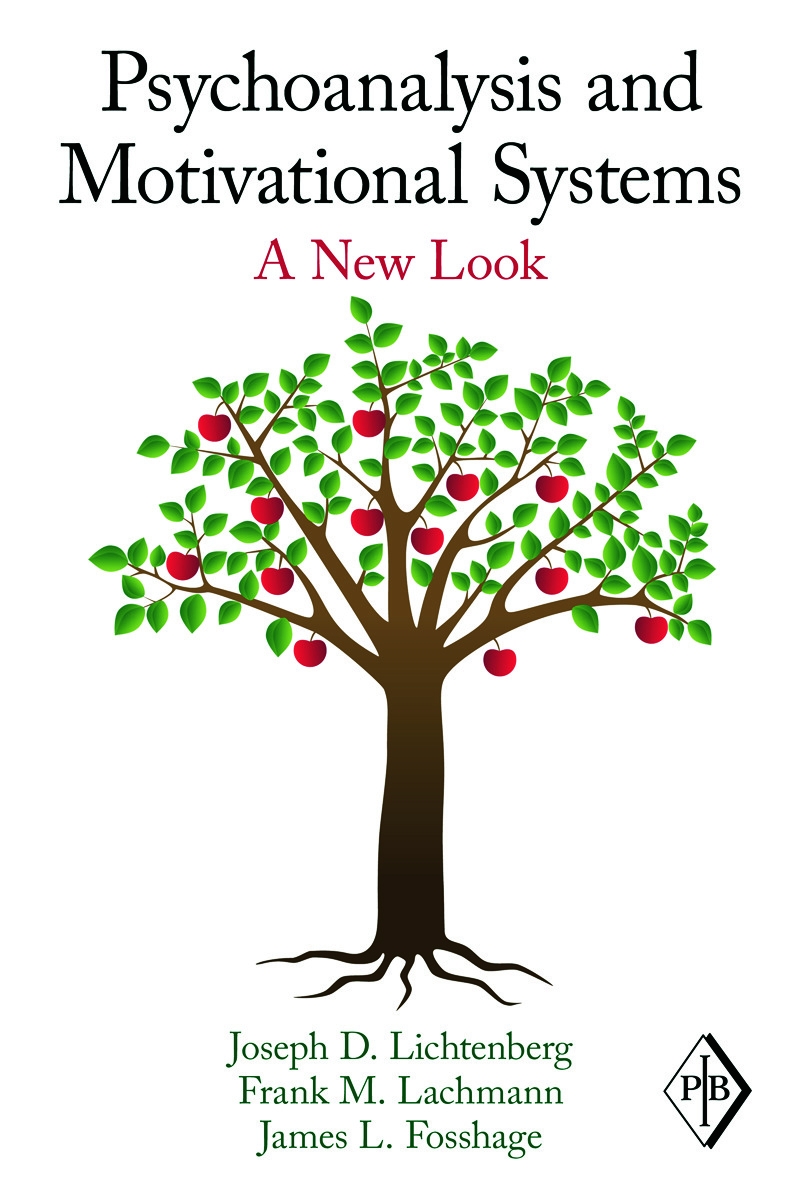"The motivational systems theory advanced by Lichtenberg, Lachmann, and Fosshage has provided clinicians with invaluable tools for tracking the unfolding of affects, intentions, goals, and mental states within the therapeutic relationship. The present volume offers a welcome new look at this theory and its clinical implications from the perspective of nonlinear dynamic systems theory. Complex psychological phenomena---such as love and hatred, selfhood and identity, and creativity---are shown to emerge from the fluidly shifting interplay of multiple motivational systems, always complexly embedded in a nexus of relational contexts. Psychoanalytic therapists at all levels of experience will find this guiding framework to be immensely helpful in their clinical work."---Robert D. Stolorow, Ph.D., author, Trauma and Human Existence (Routledge, 2007)
"As psychoanalysis moved from an exclusively one-person model to that of an irreducible intersubjective relational mode, it became necessary to construct a new metatheory to encompass this change and replace that of the former. The formulations put forward in this new work by Lichtenberg, Lachmann, and Fosshage convincingly fill that void. The metatheory they propose centers around the newer concept of intention replacing need as first cause and as the activation of a motivational system. Their invocation of the concept of "fractals" to comprehend the experience of continuity of identity along different scales of the mind is both innovative and exciting. The authors have constructed a metatheory within a larger and smaller theory---like Russian dolls---all regulated spontaneously from within and under the influence of an overarching metatheory, all based on human experience. I found the authors' work to be exciting, innovative yet pragmatic, and refreshing---a most welcome advance to the psychoanalytic literature and holding great promise for the future."---James S. Grotstein, M.D., Psychoanalytic Center of California
Lichtenberg, Lachmann, and Fosshage's latest book takes a new look at motivational systems theory, which aims to identify the components and organization of mental states and the process by which affects, intentions, and goals unfold. Opening by placing motivational systems theory within a contemporary dynamic systems theory, the authors respond to critics of motivational systems theory before presenting revisions to their approach to the original five motivational systems theory before presenting revisions to their approach to the original five motivational systems, adding two more: an affiliative and a caregiving mtivational system. The authors go on to suggest, using ideas garnered from complexity theory and fractals, that motivational systems theory can help us understand how a continuity of self can be maintained despite near-constant fluctuations in interpersonal relations. Next, they describe a two-stage process by which implicit and explicit inferences are made. They apply their theory to an actual human experience---love---to demonstrate the interplay of multiple shifting motivations within an individual, Last, they present new looks at the clinical applicability of their ongoing research.
| FindBook |
有 1 項符合
Psychoanalysis and Motivational Systems的圖書 |
 |
Psychoanalysis and Motivational Systems: A New Look 作者:Lichtenberg、Joseph D./Lachmann、Frank M./Fosshage、James L 出版社:Routledge 出版日期:2010-08-24 語言:英文 規格:平裝 / 136頁 / 22.6 x 15 x 1.3 cm / 普通級 |
| 圖書館借閱 |
| 國家圖書館 | 全國圖書書目資訊網 | 國立公共資訊圖書館 | 電子書服務平台 | MetaCat 跨館整合查詢 |
| 臺北市立圖書館 | 新北市立圖書館 | 基隆市公共圖書館 | 桃園市立圖書館 | 新竹縣公共圖書館 |
| 苗栗縣立圖書館 | 臺中市立圖書館 | 彰化縣公共圖書館 | 南投縣文化局 | 雲林縣公共圖書館 |
| 嘉義縣圖書館 | 臺南市立圖書館 | 高雄市立圖書館 | 屏東縣公共圖書館 | 宜蘭縣公共圖書館 |
| 花蓮縣文化局 | 臺東縣文化處 |
|
|
圖書介紹 - 資料來源:博客來 評分:
圖書名稱:Psychoanalysis and Motivational Systems
|











